A Month in Siena 10/16/2023
Roadrunner
In the end, he was a dry drunk

Roadrunner: A Film About Anthony Bourdain (2021), directed by Morgan Neville.
Reading time: 5 minutes
Return to Blog Home
July 22nd, 2021 at 11:19pm
Please consider disabling your ad blocker, it disrupts site functions in addition to blocking ads. Thank you!
It's not a glory-driven whitewash.
Directly or indirectly, Morgan Neville's Roadrunner: A Film About Anthony Bourdain, released last week, raises thorny issues about storytelling and the world-famous writer and traveler who committed suicide in June 2018.
It doesn't even bother me that Neville chose not to interview [Argento], because, as dismissive as it sounds, her side of this particular story isn't important.
The overriding message of the film is the world fell head-over-heels in love with a dry drunk, but if you're not well-versed in Bourdain's biography, more is revealed in all of its complexity.
The Thorns
Love of Racist Books
We learn one of Bourdain's favorite books is Joseph Conrad's The Heart of Darkness (he also adores Apocalypse Now, which was based on it), and as a child, he loves the "melodramatic thrills and chills" of Tintin.
We can debate whether Chinua Achebe's scathing critique of Conrad's novel is right, but there's no question that early Tintin is racist garbage. Tintin in the Congo is described by the publisher as "a naïve depiction of the colonial times and paternalistic views as they existed in Belgium in the early 1930s."
If he had been an alcoholic, they would say he was dry, not sober.
We witness Bourdain's odd and likely problematic interest in the Congo during the final third of Parts Unknown's Congo episode. Bourdain quotes Conrad in the show several times and acknowledges his lifelong "obsession" with the Congo River—but what about it actually appeals to him? He doesn't explain it. Does he even know? Why have so few people talked about this?
The Re-creation of His Voice
In the film, Neville uses artificial intelligence to recreate Bourdain's voice to read one of his emails. Bourdain's friend, writer Nigella Lawson, along with many on Twitter, did not like that at all, and Variety warned about opening Pandora's Box.
I have no problem with Neville's move. Bourdain wrote the sentences in question, and the A.I. sounds decent. In a few years, the practice will be common and a non-issue.
MeToo
Bourdain and Italian actress Asia Argento began dating in early 2017. In October of that year, she told New Yorker that Harvey Weinstein sexually assaulted her years ago. In May, 2018, at the Cannes Film Festival, she delivered a forceful condemnation of Weinstein and others.
In Roadrunner, we see that Bourdain is quick to support Argento. He acknowledges his past, loosely troublesome behavior, and advocates aggressively on television and in print for the #MeToo movement.
And then he pays off a victim of Argento's abuse—which at first she denies publicly, the polar opposite of what #MeToo stands for—to make the issue go away.
How...messy.
The Main Line
We could easily discuss the dilemmas posed by the above at greater length, but the real issue of Roadrunner, the theme running through the entire documentary, is addiction.
The amazing felt to me like the living, breathing embodiment of my addiction, complete with cleavage and painted toenails.
Neville and the interviewees repeatedly come back to Bourdain's addictive personality, the idea that, in his younger days, after quitting heroin cold turkey, Bourdain never got truly clean. In Twelve Step terms, he never had a "spiritual experience" to be relieved of his obsession. If he had been an alcoholic, they would say he was dry, not sober.
As a result, Bourdain replaced his addiction to heroin with whatever happened to be at hand: work, travel, food, alcohol, or...a partner.
The Words
The Parts Unknown crew clearly dislike Argento. Some may even find her responsible for Bourdain's suicide, but we don't hear that out loud. Neville, as well as Michael Steed, a Parts Unknown director interviewed in the film, say the words, "Tony killed himself." Steed also explicitly says he doesn't want to blame Argento.
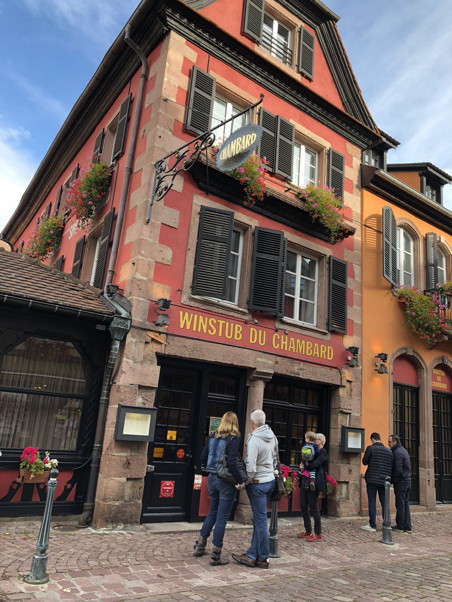
The winstub of Le Chambard, the hotel where Bourdain was found. |
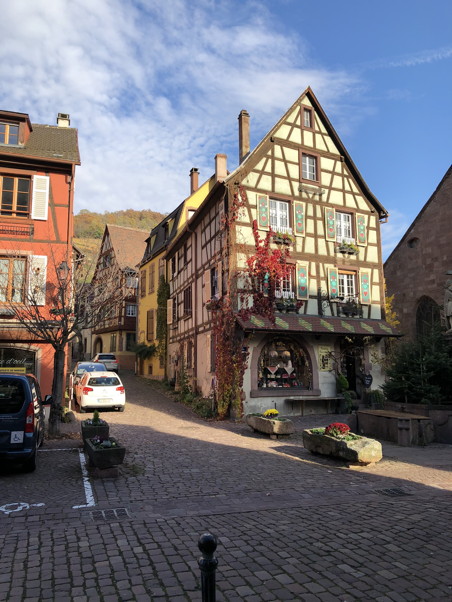
A shop in Kaysersberg, the town where Bourdain committed suicide. |
The film and its subjects don't go on to incriminate Argento by insinuation, but why does it feel like they do? Why does Vulture call Argento "a receptacle for blame"?
Why? Because she was an integral factor in his suicide.
That doesn't make Bourdain's death her fault.
The Sex Lottery
As a straight man and an addict, I hesitantly tell you from experience—and this is not something I looked for, I learned it after the fact: if you get involved with a broken person, someone who has survived, in the beginning it might feel like you've won the sex lottery.
I've been in three such relationships.
One was brief. I was unprepared for the intensity.
One was intermittent. She was conventional on the outside, but with a past of cutting, eating disorders, and, I suspect, sexual abuse, she was the most emotionally broken woman I had known up to that point. When she opened up, she said things about herself I couldn't understand. She could list an entire inventory of her physical defects, such as her forearm was a little too long. She was also an astonishing lover. She taught me things about my body I never suspected. We would spend weeks together, and then I'd go hang out with someone else while I processed what the hell I'd just been through. I came back to her at least a dozen times. Each was a little less satisfying.
As for the third relationship...well, I married her. She was even more emotionally damaged than the previous woman. She had been traumatized in several ways since childhood and was hopelessly, irredeemably dishonest. But she too was quite...zealous. Then, in another kind of zeal, she found Jesus and had an affair because, as she put it, I wasn't a Christian. (We divorced soon thereafter.)

The interior of the Winstub du Chambard. A winstub is wine bar & restaurant, common to Alsace. |
In all of the relationships, the copulation was frequent and robust, but never exhausting. Being an addict and sleeping with another addict or survivor is like discovering an entirely new source of emotional and physical energy.
We addicts are broken people, and when we have sex with another broken person, a multiplier is in effect—again, I must stress, at the beginning. To me, in the early phase, the good felt great. The great felt amazing. And the amazing felt like the living, breathing embodiment of my addiction, complete with cleavage and painted toenails.
Even the pillow talk was fascinating. It enlightened me as to how much I didn't know about the world, let alone women. It made me realize I didn't have stories. Not compared to them.
[It was] as if the Buddha himself had injected morphine into my veins while he stroked my forehead and told me everything was going to be juuuust fine.
In all of it, the joy—a cocktail of euphoria, education, and egotistical gratification, laced with an undercurrent of fear, because there's always fear—felt like it would never run out. Every orgasm, every snack in bed, every movie watched while naked under a blanket was pure bliss, as if the Buddha himself had injected morphine into my veins while he stroked my forehead and told me everything was going to be juuuust fine.
In the early phases of those relationships, I walked with a low center of gravity, all the neurosis momentarily fucked out of me, but the intoxication and delirium would come out in strange ways. If I wasn't acting like a stone-cold badass, uninterested in you or your bullshit, I was a giggly, chatty boy who couldn't contain himself. That guy was annoying as hell, a lot like the ultra-cool Bourdain versus the dork in the documentary raving about Argento's ability to park. (For some reason he thought that was hot.)
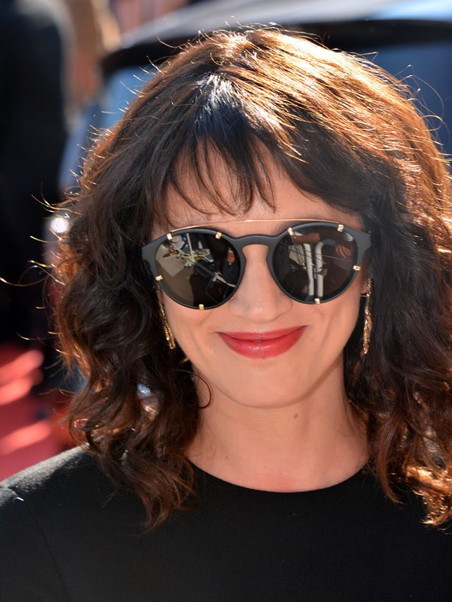
Asia Argento at Cannes, May 2018; by George Biard, CC BY-SA 4.0. (Mods) |
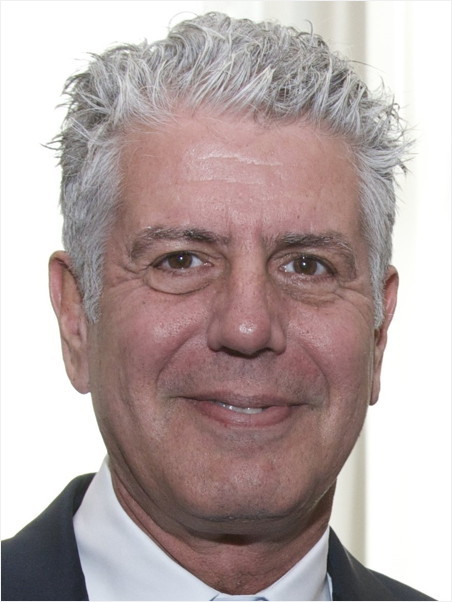
Anthony Bourdain at the Peabody Awards, May 2014; CC BY 2.0. (Mods) |
The Downhill
When I first saw Bourdain with Argento in the Rome episode of Parts Unknown, it was clear he had strong feelings for her. By the end of the show, I suspected he was in the middle of an addict's folie à deux. I'm not sure whether he knew the beginning was the best the relationship would ever be. After three tries, I certainly didn't.
But here's the salient fact of addiction which puts suicide in plain view: more is required as time passes. In my case and almost certainly Bourdain's, more sex, more attention, more ego strokes. And not just more, better. Better compliments. Better laughs. Better blow jobs.
Complications arise, emotions and circumstances intervene. Later is different. It's not like the beginning. Unfortunately, the addict needs it to be, and will chase the early high to whatever conclusion it brings.
While having sex with a partner in one of the relationships mentioned above, the idea came to me to take a big bite of her shoulder. Not for cannibalistic reasons, but because that was the only remaining way I could have more of her. I had thrown myself over the railing of sanity and was swimming in the waters of raging id. My appetites were unquenchable. I was pursuing the original thrill.
Bourdain quotes Conrad in the show several times and acknowledges his lifelong "obsession" with the Congo River—but what about it actually appeals to him?
Only problem is: you shouldn't take bites out of your lover, and they certainly can't be "more" of themself. Even the most needy, the most broken, the most emotionally confused person looks up one day and realizes they've had enough of the addict's crap.
Maybe Bourdain's near-constant travels extended their relationship's shelf life. Perhaps by the time he started to wear on Argento, it was time for him to shoot an episode far away. At some point in Alsace, though, Bourdain felt something she couldn't fix. Whether it was emotional dopesickness, jealousy in their open relationship, hurt feelings if she had been prickly with him, she couldn't or wouldn't give him what he needed. And so he killed himself.
I loved Anthony Bourdain, but I don't bear an ounce of ill will toward Asia Argento. It was not her job to be his water and oxygen, to fill the chasm in his soul with infinite amounts of love. She was not responsible for Bourdain's death in any way, and there was nothing she could have done to prevent it.
It doesn't even bother me that Neville chose not to interview her, because, as dismissive as it sounds, her side of this particular story isn't important. Whether Bourdain had stayed with Parts Unknown or quit, whether she had lost or gained twenty pounds or done Kegel exercises for three hours a day or learned to cook his favorite cuisine, he would have inhaled everything out of her like a vampire, and then he would have wanted more. He probably still would have killed himself, or, if his timing had been right, moved on to another woman to repeat the same cycle.
The joy [was] a cocktail of euphoria, education, and egotistical gratification, laced with an undercurrent of fear, because there's always fear.
Yes, Argento was the sine qua non of Bourdain's downfall, but she was the lighting strip. Bourdain was the match. And his addiction was the hand that lit it.
Recent Posts
Eyewitness Travel: France 4/24/2023
L'Africain du Groenland 8/2/2022
On the Plain of Snakes 5/17/2022
Volcanoes, Palm Trees, and Privilege 3/22/2022
L'axe du loup 2/28/2022
The Art of Travel 12/31/2021
Postcard: Los Angeles 11/5/2021
Afropean 8/6/2021
Roadrunner 7/22/2021
Popular Tags
Archive
Show moreAbout
Recent Tweets
If you toggle the switch above the words "Recent Tweets" and it still says, "Nothing to see here - yet," it means the idiot who broke Twitter either hasn't gotten around to fixing this feature, or intentionally broke it to get us to pay for it (which is moronic, I can easily live without it and it generated traffic to his site).
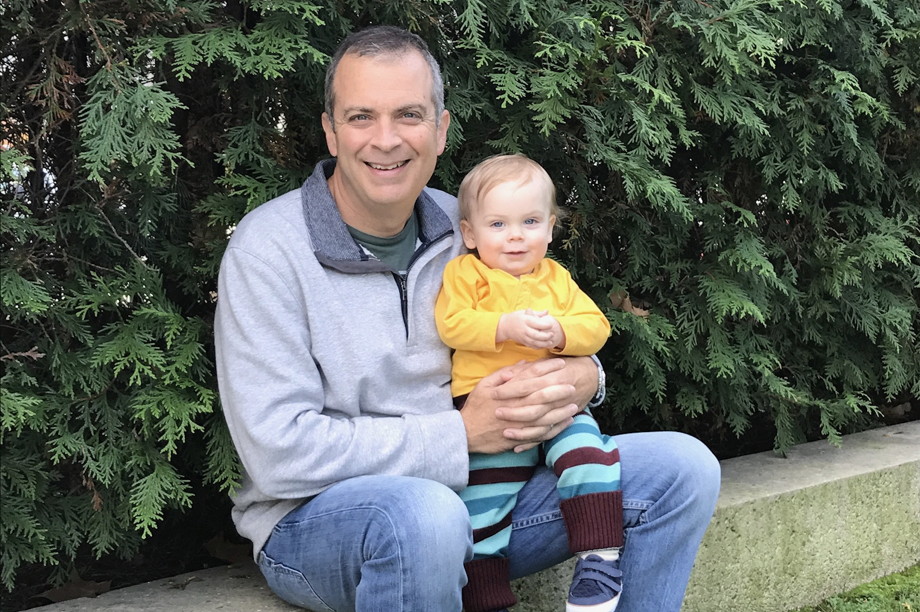
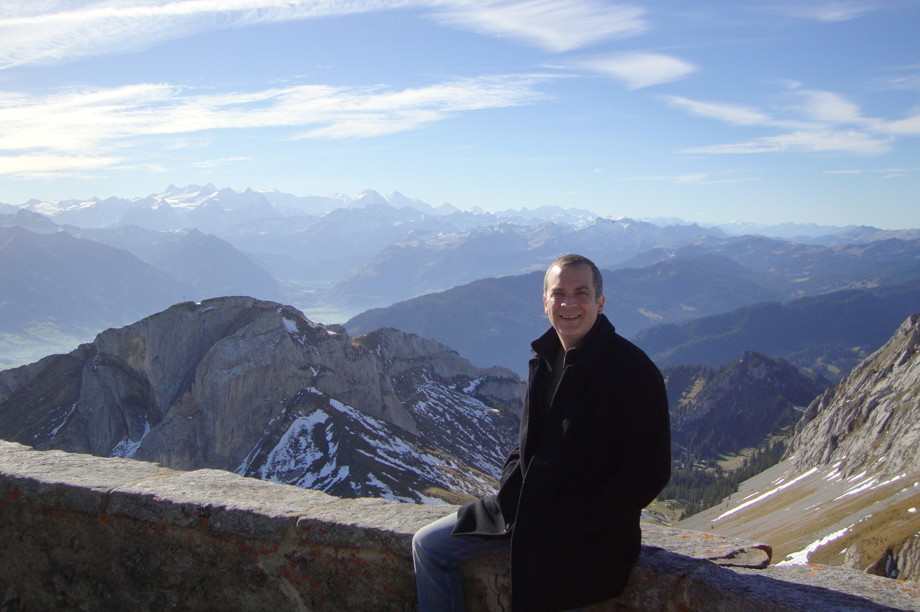
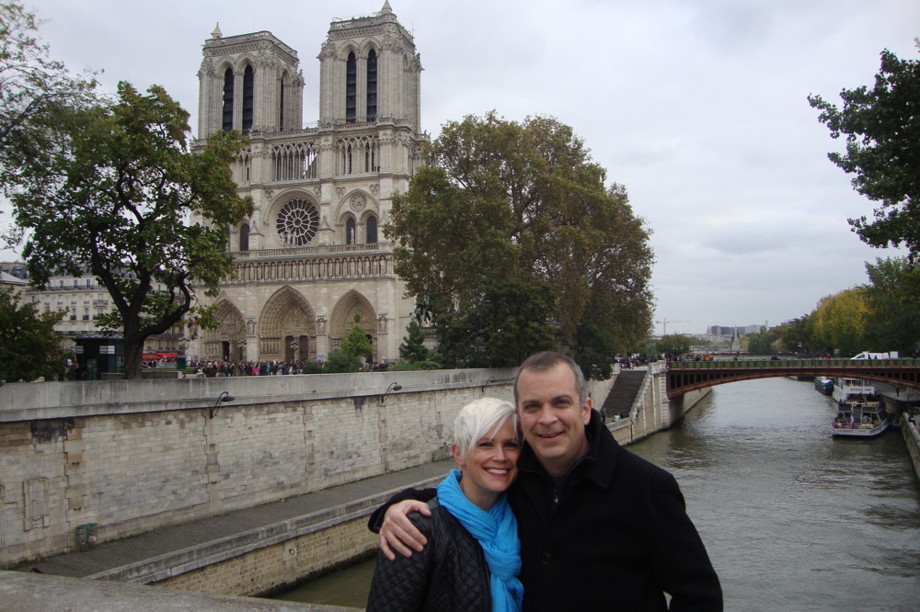

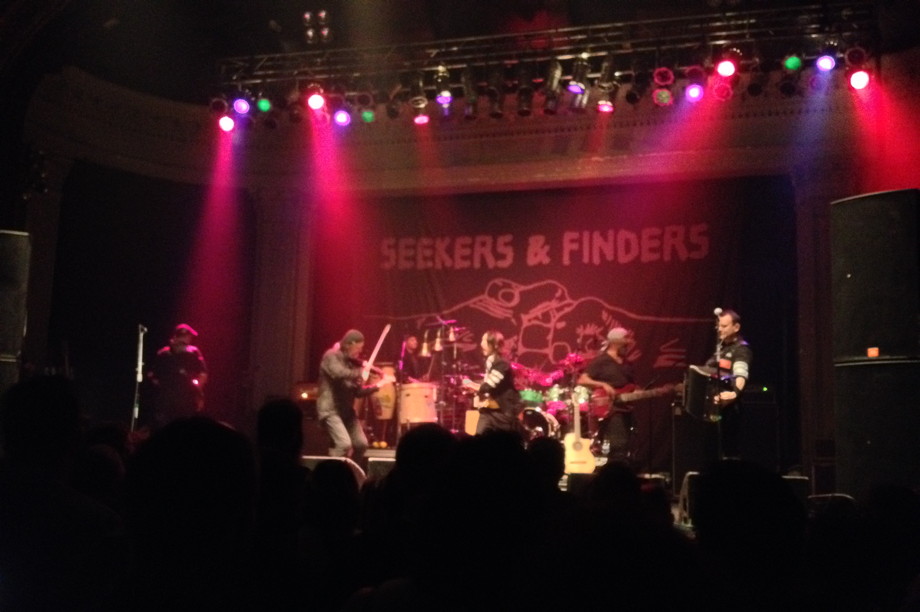
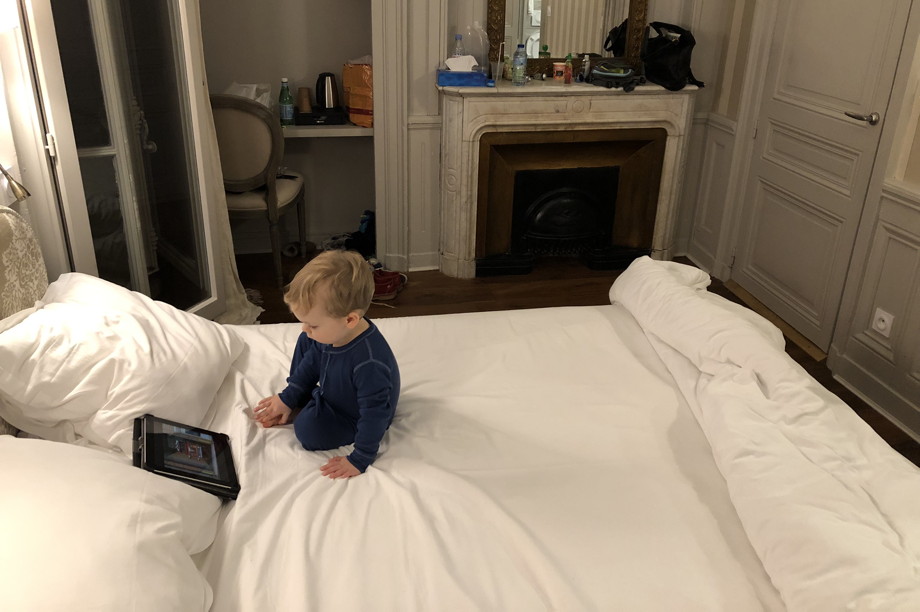
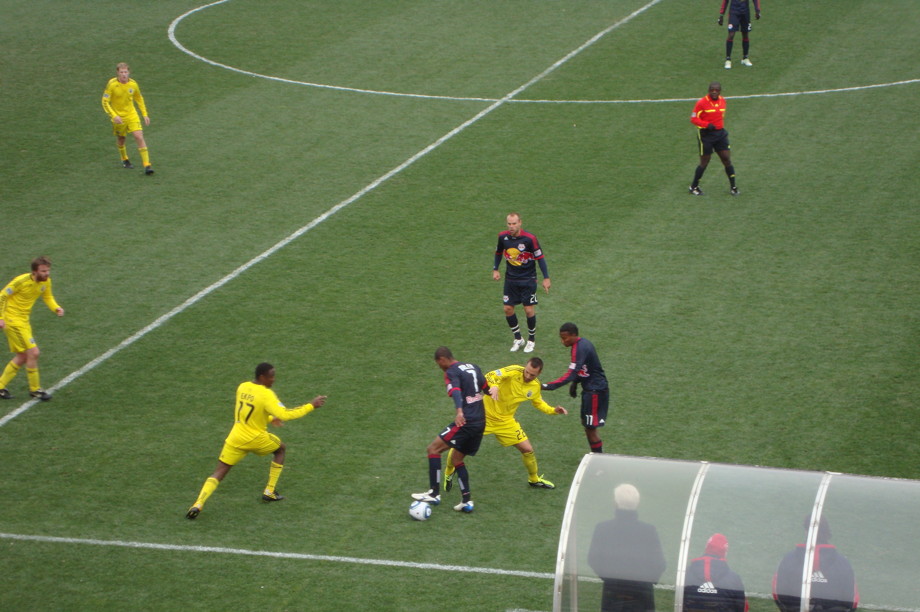
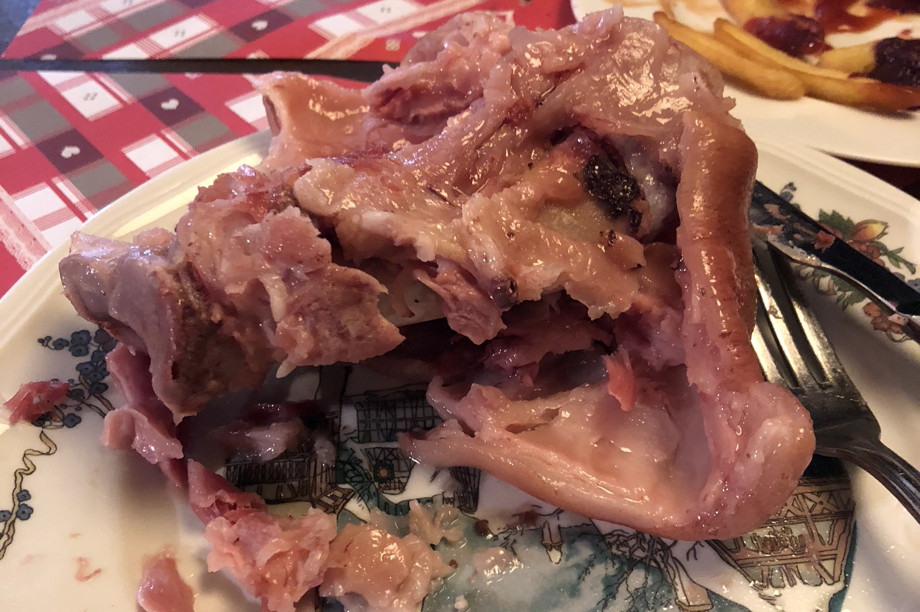
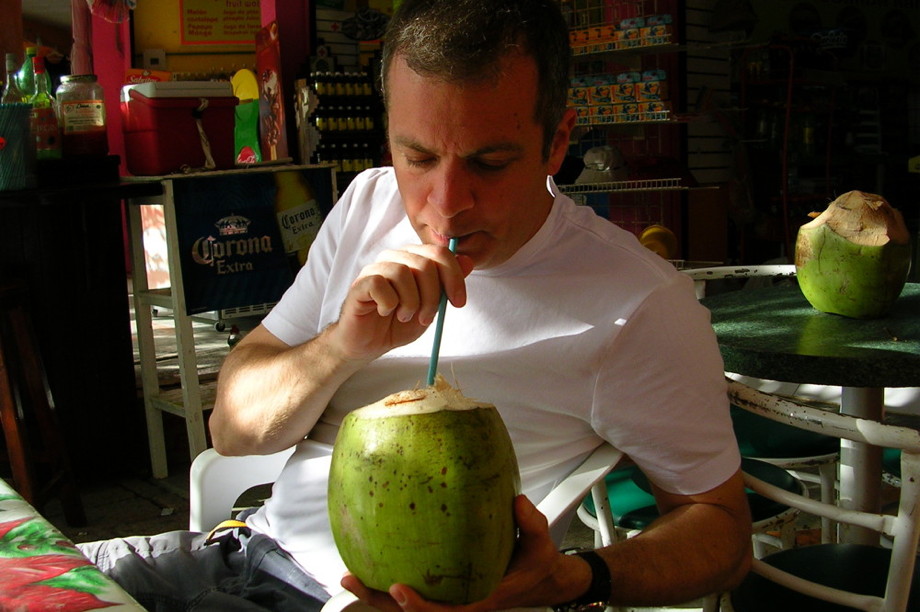
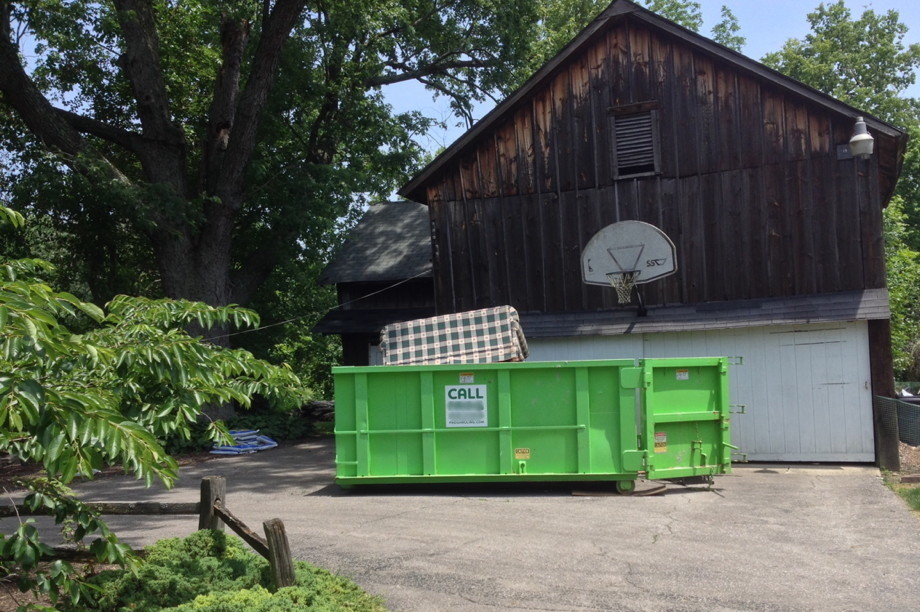
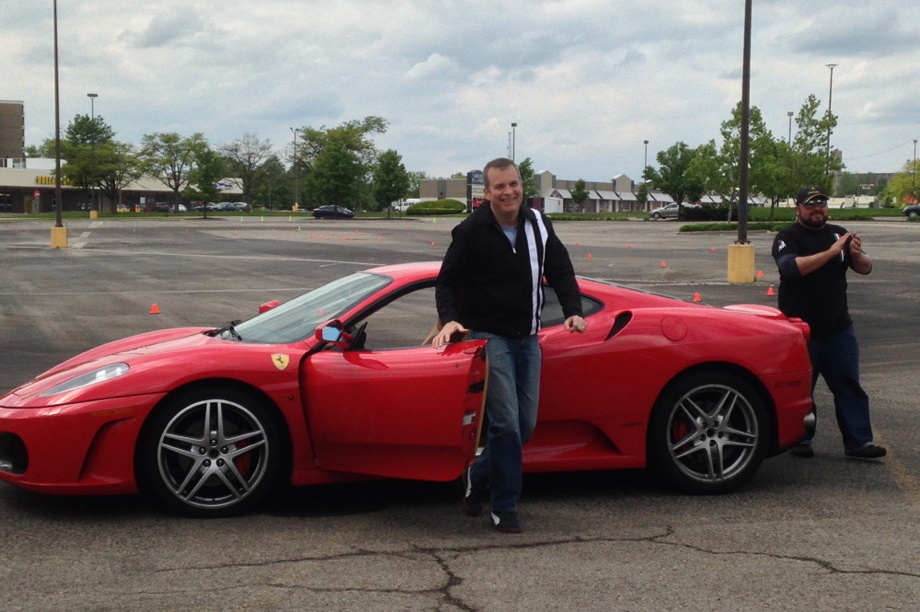
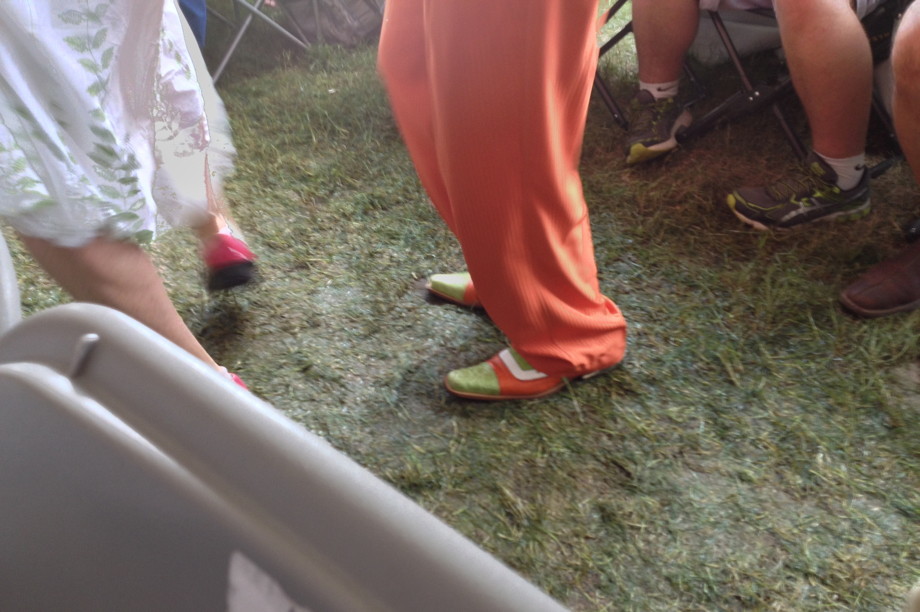
Add a comment
Comments